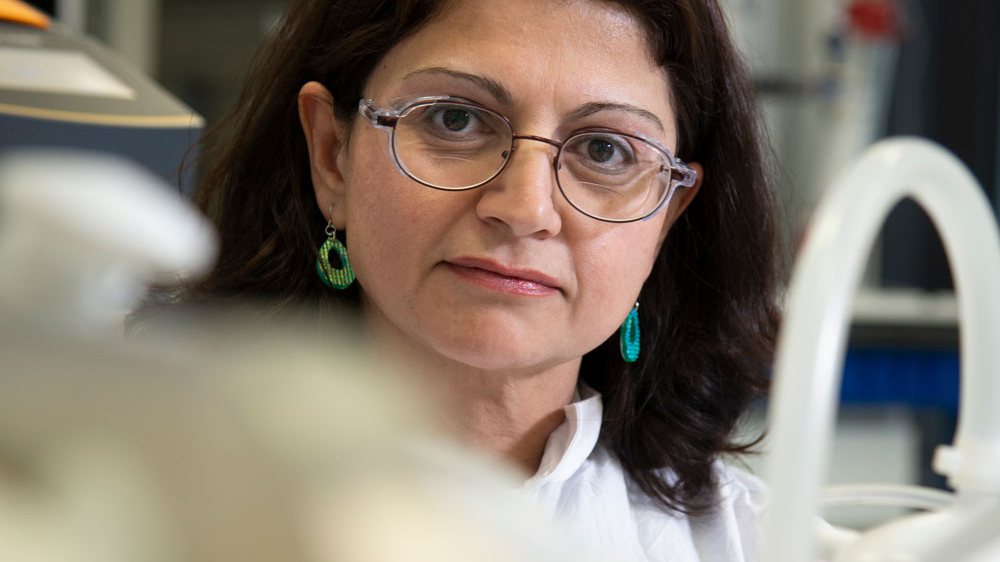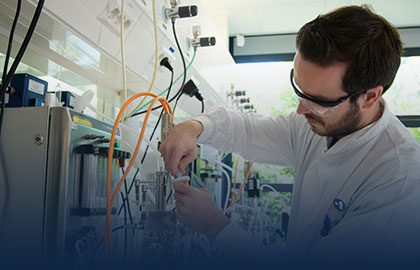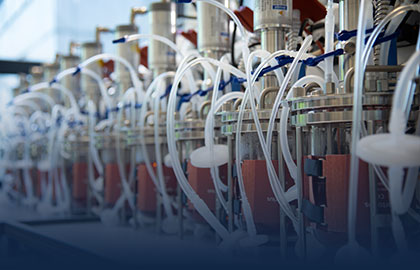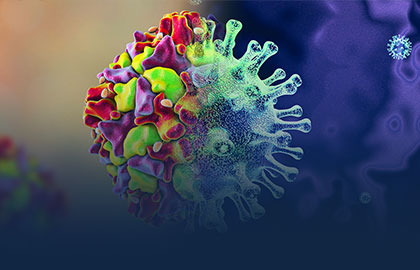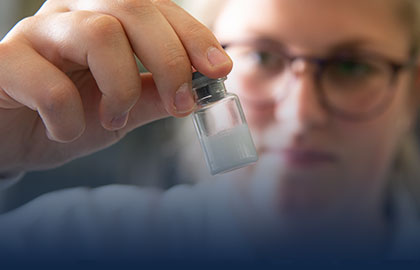Intravacc publishes positive phase I Shigella conjugate vaccine data
Bilthoven, The Netherlands, 16 November 2020 – Intravacc, one of the leading translational research and development vaccine institutes with an extensive track record in developing viral and bacterial vaccines, today announced the results of a clinical study with an experimental vaccine against Shigella, intestinal bacteria that cause severe diarrhea and dysentery. Data were published in the prestigious journal The Lancet Infectious diseases. The paper was authored by a team of researchers and clinicians at Tel Aviv University, Tel Aviv Sourasky Medical Center, Institut Pasteur, Ariel University and Intravacc. The clinical study in healthy adults shows that the vaccine is well tolerated and immunogenic. Intravacc developed a production process for this conjugate vaccine, manufactured the GMP batch and did stability testing and batch release.
Currently there is no vaccine available against Shigella. This experimental Shigella vaccine (SF2a-TT15), developed by Institut Pasteur, is a conjugate vaccine consisting of a synthetic oligosaccharide chemically linked to tetanus toxoid. The oligosaccharide mimics a part of bacterial lipopolysaccharide (LPS), which is abundantly present in the outer membrane of Shigella bacteria.
Prof.Dr. Virgil Schijns, Intravacc’s CSO, commented:
“We are very pleased with the results of this phase one study. We are able to do this because of our unique expertise in conjugate vaccine development This now allows us to continue with a human challenge model and a phase 2 study in children.”
The vaccine was given three times to 64 seronegative volunteers in two doses and with and without aluminium hydroxide adjuvant. Both doses induced significantly increased serum IgG titres as well as an increase in memory B cells. The non-adjuvanted high dose induced a 25-fold increase in IgG GMT after one injection while the non-adjuvanted low dose induced a 5-fold increase, compared with baseline. Alum significantly enhanced the specific IgG response at both doses after the 3rd injection. At high dose, the vaccine also induced a 4-fold or greater rise in serum bactericidal titres in 80% of the volunteers receiving the adjuvanted dose and in 100% of those receiving the non-adjuvanted vaccine.
Only mild adverse effects were reported, (The Lancet Infectious Disease).
Dr. Jan Groen, Intravacc’s CEO, says:
“Intravacc and its partners are very pleased to contribute to this significant public health problem. This clearly demonstrates Intravacc’s broad experience and knowledge in developing, manufacturing and clinical validation of candidate vaccines.”
About Shigella Shigella is a species of enteric bacteria that causes disease in humans and other primates. The disease caused by the ingestion of Shigella bacteria is referred to as shigellosis, which is associated with diarrhea and other gastrointestinal symptoms. About 250 million cases of shigellosis occur annually in low and middle-income countries, causing over 212,000 (Shigella morbidity & mortality).
No group of individuals is immune to shigellosis, but certain individuals are at increased risk. Small children acquire Shigella at the highest rate. Shigella is easily spread because of its low infectious dose. Spreading occurs via the oral-faecal route both by person-to-person contact and through eating contaminated food.
